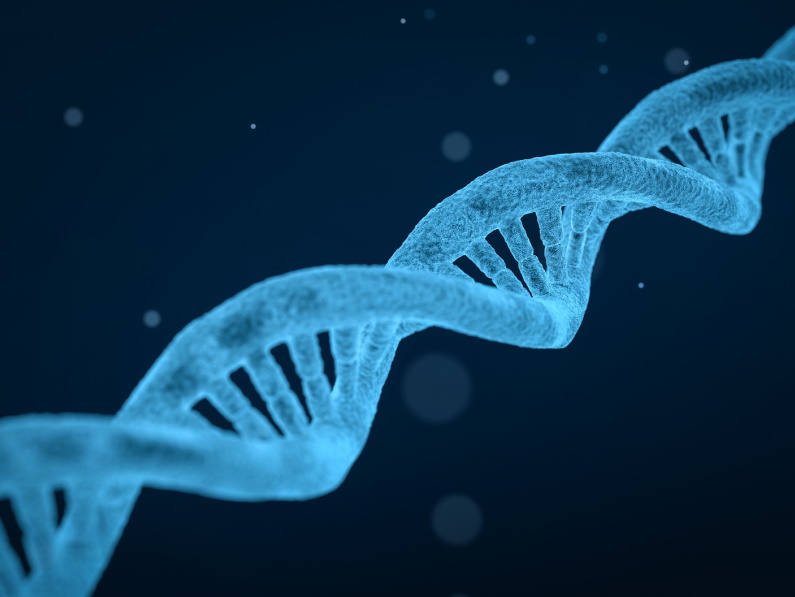University of North Carolina’s Professor Cynthia Bulik performed a genetic analysis on anorexic patients. Researchers conducted the study on thousands of people and were able to identify eight chromosome locations that increase individuals’ susceptibility to the disorder. With these findings, researchers are now suggesting that anorexia may be linked to metabolism. The finding is significant because anorexia nervosa has one of the highest mortality rates out of all current psychiatric illnesses, including schizophrenia, depression, anxiety, and obsessive-compulsive disorder.
Scientists are still baffled by the root causes of anorexia nervosa, which is an eating disorder that can cause a significantly low BMI. Anorexic individuals have a distorted image of their body, which then causes them to starve themselves. It affects roughly 1 to 4 percent of all women and 0.3 percent of men. Researchers suggest, based on previous studies, that they can trace a correlation of close to 60 percent of anorexia traits with genetics. This means that the environment and other factors cause the remainder.
What’s interesting to note about anorexia nervosa, is that once it’s treated, individuals tend to gain their weight back. But they’re unable to keep that weight on. Many patients exit treatment centers with their bodies restored to a healthy BMI, but then their weight drops again. This phenomenon happens in so many people and we still don’t understand the process of it.

The Study and Its Significance
In 2017, Professor Cynthia Bulik from the University of North Carolina and her colleagues published a study that analyzed the genomes of 3,500 anorexia patients. With this information, they were able to identify the first chromosome location that suggested a possible metabolic link. The new study analyzed nearly 17,000 people with anorexia and used more than 55,000 healthy controls. These patients were from 17 different countries.
In the new study, researchers identified eight loci that linked to anorexia. Psychiatric illness was still associated with some of them. But anorexia may be linked to metabolism, based on findings of the other loci. This finding suggests that metabolic factors could link to the risk of developing anorexia. These include physical activity, the metabolism of glucose, how the body uses fat, and body measurements.
It’s an extremely important study. We’ve always that psychiatric illness caused anorexia. Geneticists can certainly use the findings as a starting point to develop new treatments. This complex illness is tough to treat, so scientists are excited.

Why Anorexia Is Difficult to Treat
It’s true that factors may contribute to anorexia’s prevalence. In Western society, we flood our environment with images of extremely thin bodies. For people that are already biologically susceptible, the social context may increase the likelihood of developing the disorder.
It is also possible that the illness is cyclical; starvation from a psychiatric illness interferes with maintaining a healthy weight, which in turn causes more metabolic abnormalities. But the main reason why it could be exceptionally difficult to treat anorexia is that patients cannot maintain a healthy weight due to initial “fundamental metabolic dysregulation.” In essence, the fact that anorexia may be linked to metabolism causes further metabolic and anorexic disorders.
Psychiatric medications can help with coexisting disorders, but right now The FDA has not approved any anorexia medications. What’s worse, is that anorexic patients already feel inadequate – they think they don’t deserve help. They constantly hear from their family, friends, peers, and healthcare providers that they simply need to eat more and gain weight.

Hopefully, this new knowledge will help reduce the stigma surrounding anorexia. People may be able to see it as more of a hybrid ‘metabo-psychiatric disorder’ then perhaps people will see both metabolic and psychological risk factors in helping combat the disorder.
Professor Bulik and her team are planning to increase the size of their study to generate more findings. Because of genetics, the study pool needs to be larger and scientists need to explore other eating disorders as well.






